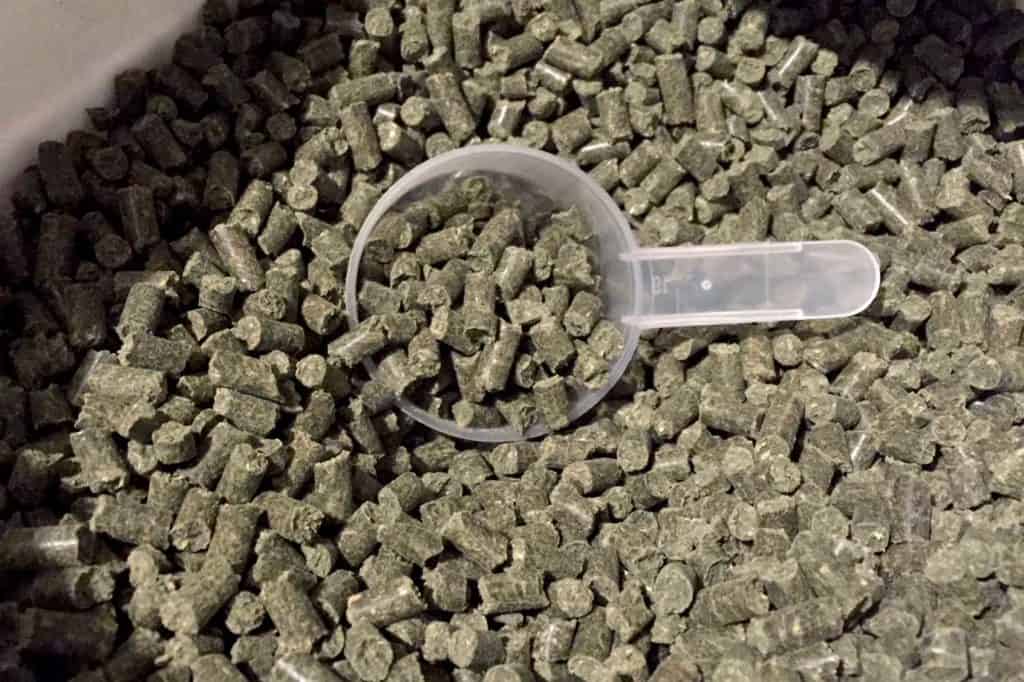
Turmeric and Devil’s Claw Safe and Palatable for Horses
Researchers investigated if two common joint supplement ingredients contribute to worsening gastric ulcer scores in horses.

Researchers investigated if two common joint supplement ingredients contribute to worsening gastric ulcer scores in horses.
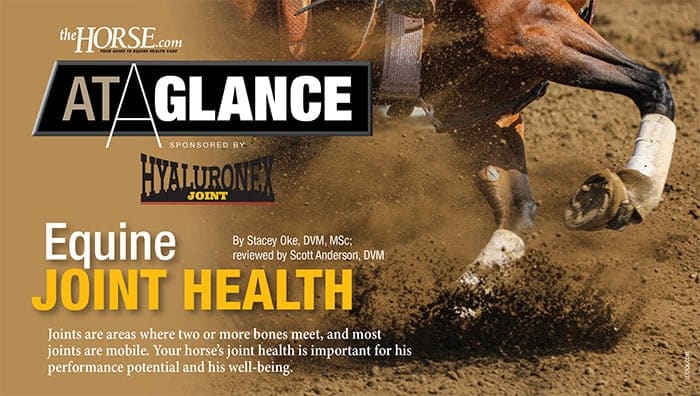
Preserving your horses’ joint health will optimize their athletic careers and keep them comfortable as they age. Sponsored by Hyaluronex Joint.

Non-steroidal anti-inflammatory drugs serve an important role in managing equine pain and inflammation, but sometimes they can do more harm than good.

Is your horse approaching his retirement years? Learn how to keep your horse happy and healthy after his athletic career.
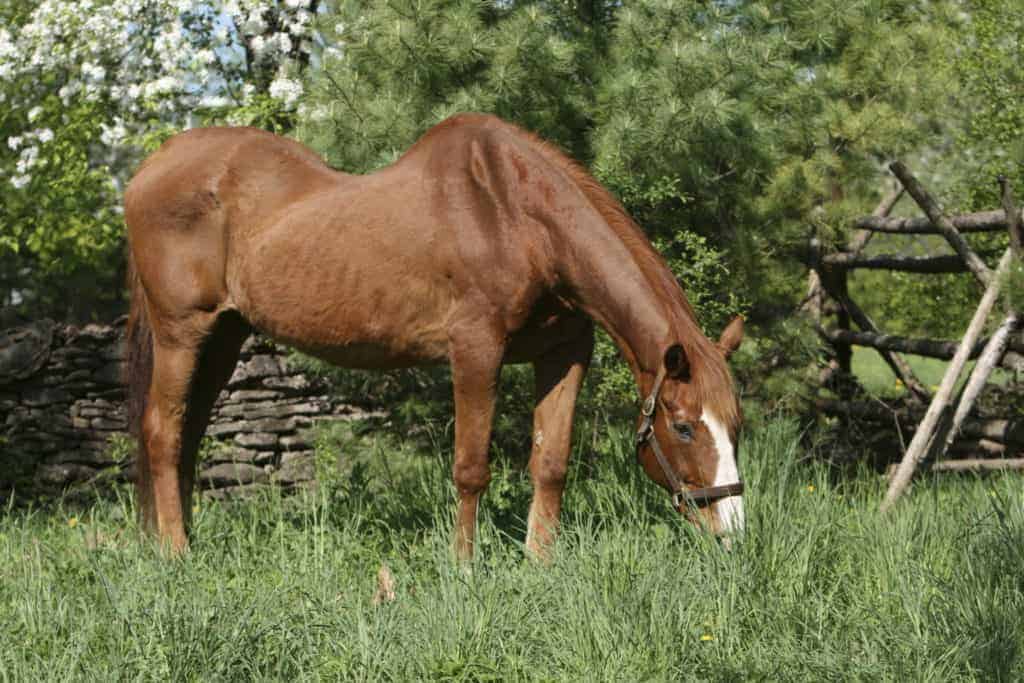
As horses get older, they face common age-related conditions and diseases that require management and care. Learn more about those conditions and diseases in this slideshow.
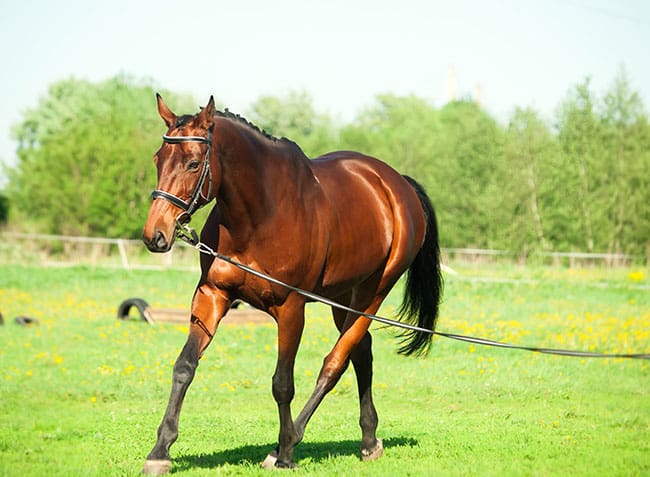
Is frequent circular exercise linked to osteoarthritis?

Pilot study: 82% of unsound racehorses with osteoarthritis treated with 2.5% PAAG joint injections showed no signs of lameness six weeks after treatment.
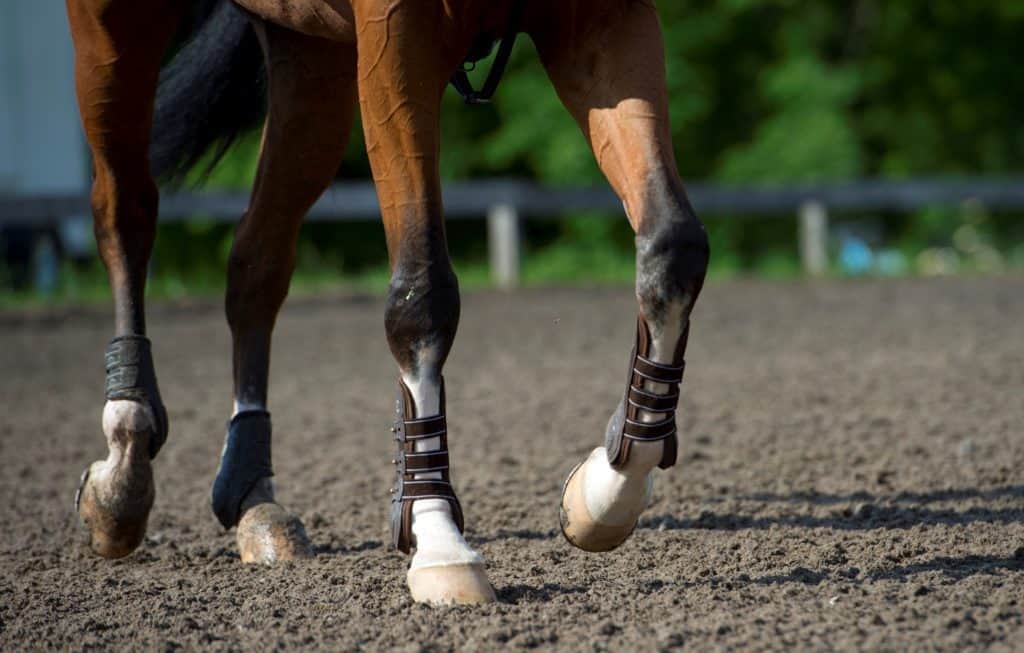
Researcher: Horses with osteoarthritis could one day benefit from a preventive approach using PAAG.
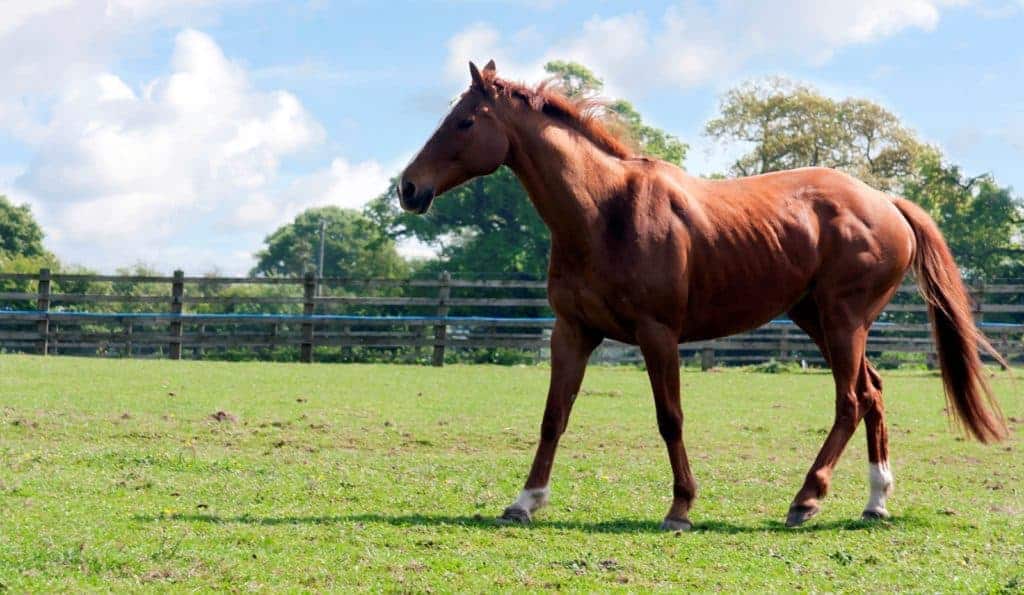
My vet wants my 38-year-old on phenylbutazone forever. Is there anything else that could help him, with no side effects?

Our gelding’s broken hock has healed with what the veterinarian calls bone spurs. He believes the spurs could be rubbing against our gelding’s tendon, causing pain. What is the long-term prognosis for injuries such as these?

French researchers found horses with simulated C6-C7 nerve compression had shortened strides, tightened gaits, and a general lack of shoulder tone.

Here’s how to manage senior horses’ aging teeth, joints, lungs, and more.

Aging for horses means strength and flexibility diminish, as well as the body’s ability to handle infection. Still, there are steps owners can take to keep senior horses happy and healthy.

Whatever your horse’s job, his joints keep him moving. But osteoarthritis can stop a horse in his tracks. Here’s what to know about this debilitating condition.

Intra-articular (administered into the joint) polyacrylamide hydrogel helped decreased lameness in horses with naturally occurring arthritis, researchers found.

Dr. Liz Arbittier encourages owners and caretakers of senior horses to call their vet if they notice any changes in health or behavior, even when it seems minor, to identify issues and begin treatment early. Here’s what to watch for.
Stay on top of the most recent Horse Health news with
"*" indicates required fields